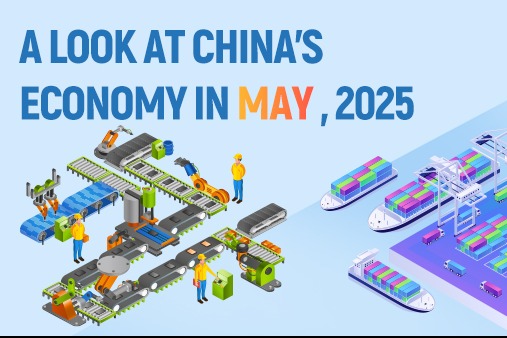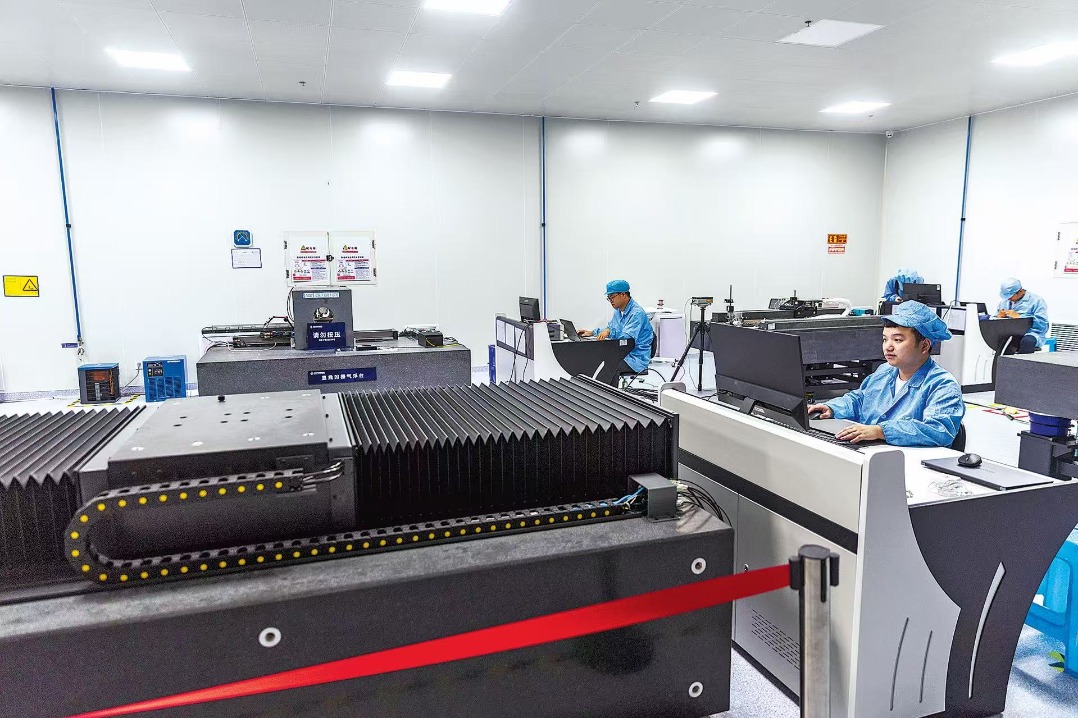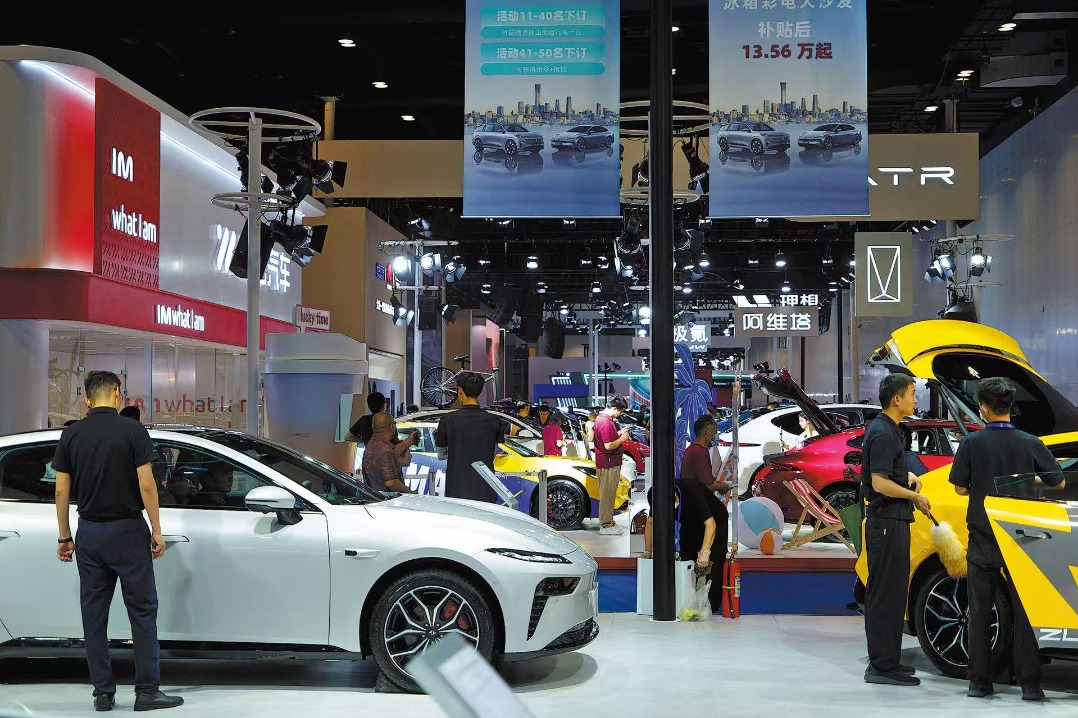Anti-pollution tax enacted to stimulate effort

China has decided that the environmental protection tax-levied on air, water, solid waste and noise pollution starting on Monday-will all go to local governments, a move designed to boost their enthusiasm and further invigorate the environmental protection campaign.
When the Environment Protection Tax Law enters into force on the first day of 2018, businesses and public institutions will be taxed for directly discharging pollutants on China's territory and other maritime areas under its jurisdiction, according to a State Council notice signed by Premier Li Keqiang and released on Wednesday.
The new tax, with all revenue going to local governments, will replace the current pollutant discharge fees, for which the central government takes a 10 percent share of the amount collected from enterprises.
The new tax law, which officials began to design in 2014, aims to promote environmental improvement in all regions and expand the resources and responsibility for environmental protection, the document said.
The measure took two years to enact, and was passed by the National People's Congress Standing Committee in 2016.
It also aims to further improve living and environmental conditions, limit polluting emissions and other public hazards and safeguard human health.
China has collected the pollutant discharge fee since 1979. In 2015, the government collected 17.3 billion yuan ($2.6 billion) from about 280,000 businesses, according to the Ministry of Finance. However, some local governments took advantage of loopholes and exempted some large enterprises that had contributed large amounts to local fiscal revenues.
Considering local governments shoulder most of the responsibility for pollution control, the central government decided not to take a share of the new tax revenue to invigorate local government enthusiasm, Wang Jianfan, director of the ministry's tax policy department, said in December 2016.
Liu Jintao, a tax lawyer at the Yifa Law Firm in Beijing, said the new levy will help promote environmental improvement and law enforcement will be strengthened. Enterprises will have to weigh the tax costs of discharging emissions, he said.
The law gives local governments more autonomy by setting a range for the taxes. For example, polluters may have to pay between 1.2 yuan and 12 yuan for each unit of air pollution emitted, Liu said.
Each region will consider its own environmental conditions when deciding the amount for the tax, Liu said. Beijing and neighboring areas, often beset with heavy smog, have decided to levy the tax at the highest level, he added.




































